Stories

Jewels of the Java Sea: An Exploration between Bali and Singapore
September 12-23, 2024
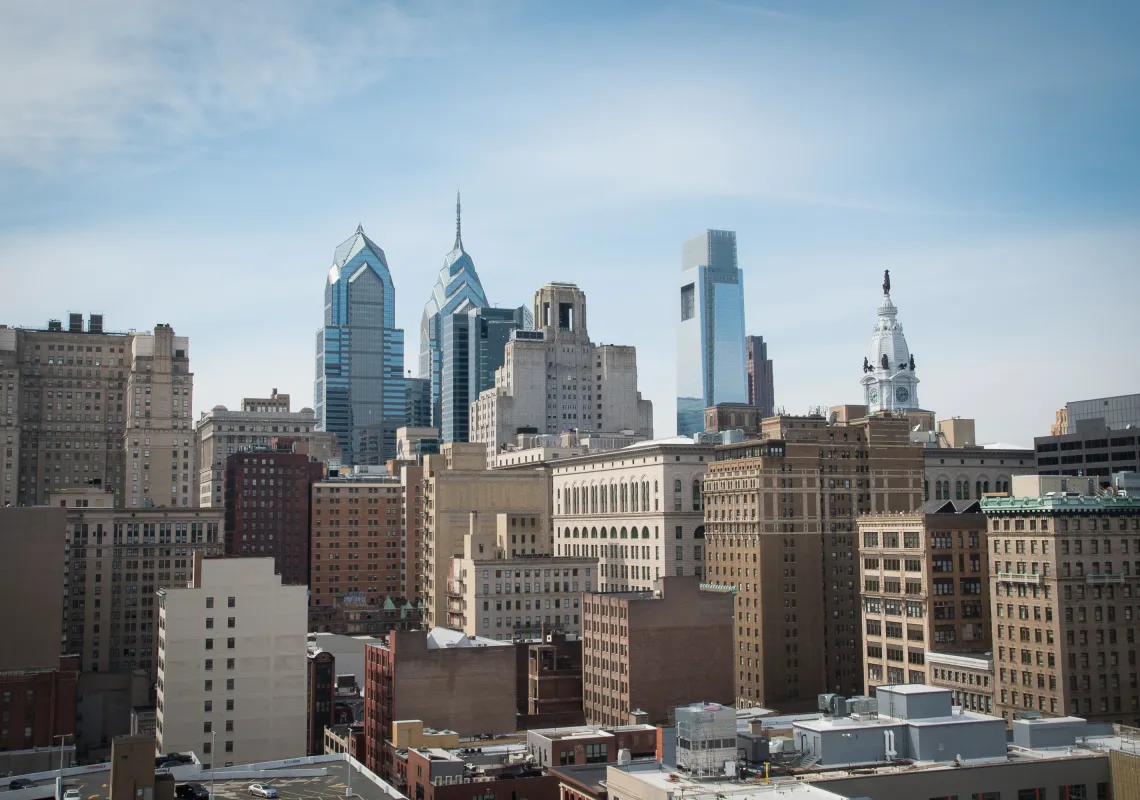
Tri-Co Philly: Philadelphia Music City
Drawing on the “music” side of the previously taught “Popular Music & Media” course, this course will investigate the history and contemporary conditions of music making in Philadelphia and its region.
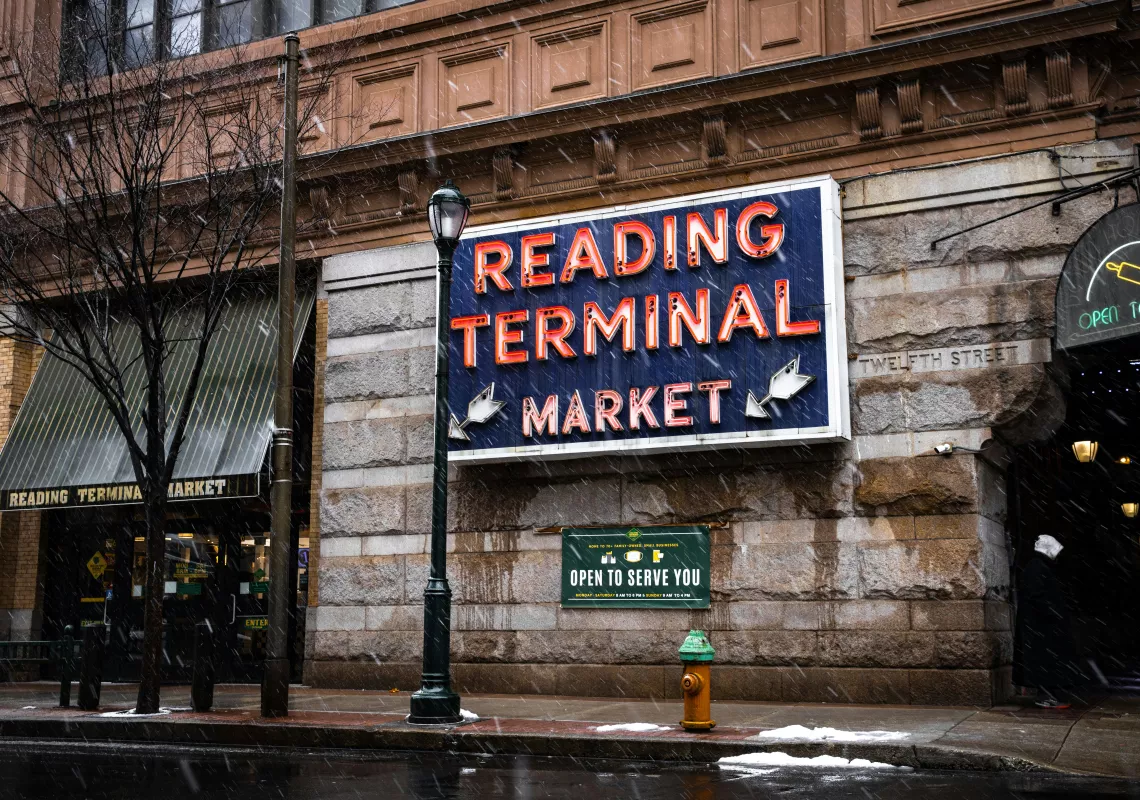
Tri-Co Philly: Food Cultures in Philadelphia
This course will explore the deep history of dining in Philadelphia, from Lenape foodways to the skills of Hercules Posey – George Washington’s enslaved chef – to the recent participation of Philadelphia cooks and restaurateurs in social justice movements.
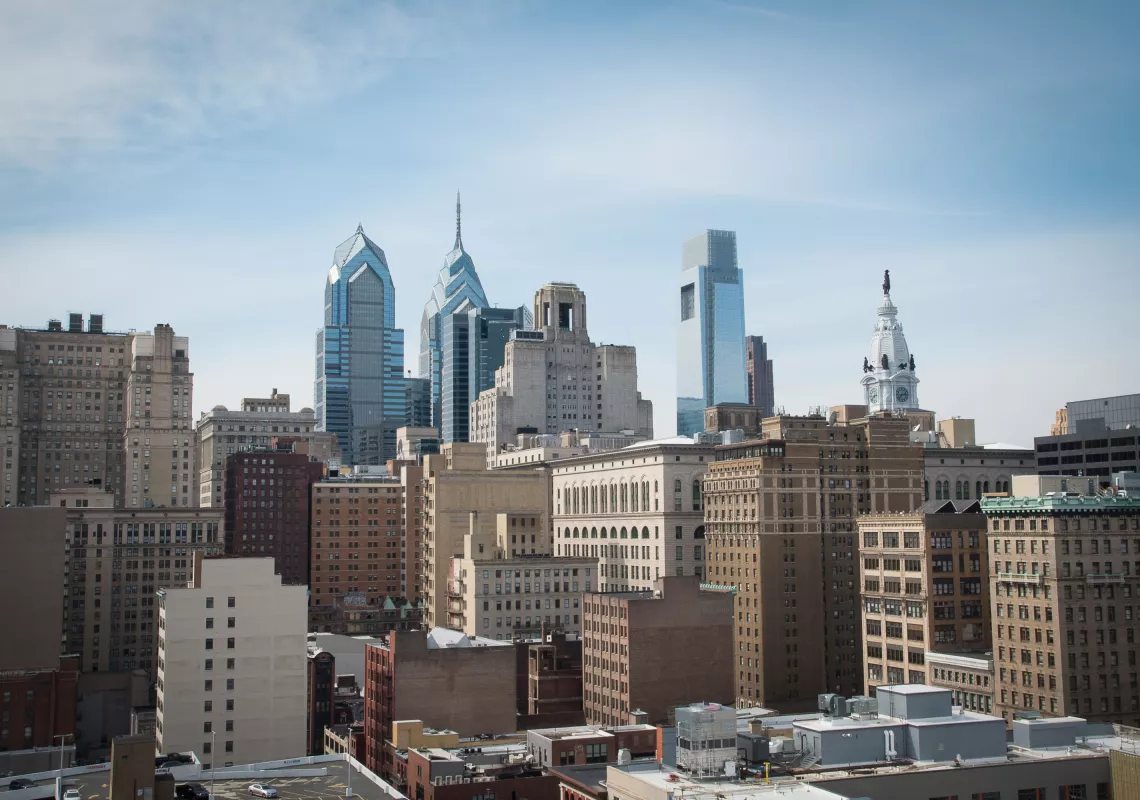
Tri-Co Philly: History & Politics of Punishment: The School to Prison Pipeline
This inter-disciplinary upper-level seminar will explore the complex school policies, teacher instructional decisions, as well as historical, political, social, economic, cultural, and structural forces that have given rise to documented reality of the “school-to-prison pipeline.”

Tri-Co Philly: Grassroots Economies: Creating Livelihoods in an Age of Urban Inequality
The aim of the course would be to examine the political and economic constraints generated by poverty and racial and class segregation in contemporary urban environments and how grassroots economic initiatives rooted in mutual aid often fill the gaps and provide alternative ways to meet needs and generate supportive community.

Tri-Co Philly: A City of Homes: Housing Issues in Philadelphia
This class investigates the unique history of housing in Philadelphia. We will cover the problems the city has faced and still faces in providing affordable housing, fair access to housing and creating diverse and vibrant neighborhoods and its great legacy of innovation in this area.

Tri-Co Philly: Access to Finance: Why Low-Income Households and Small Businesses in the US lack the financial products they need - a Philly Perspective
This course aims to look at the importance of access to finance to small businesses and low and moderate income households, identifies how and why this access is lacking and examines efforts to address this issues.
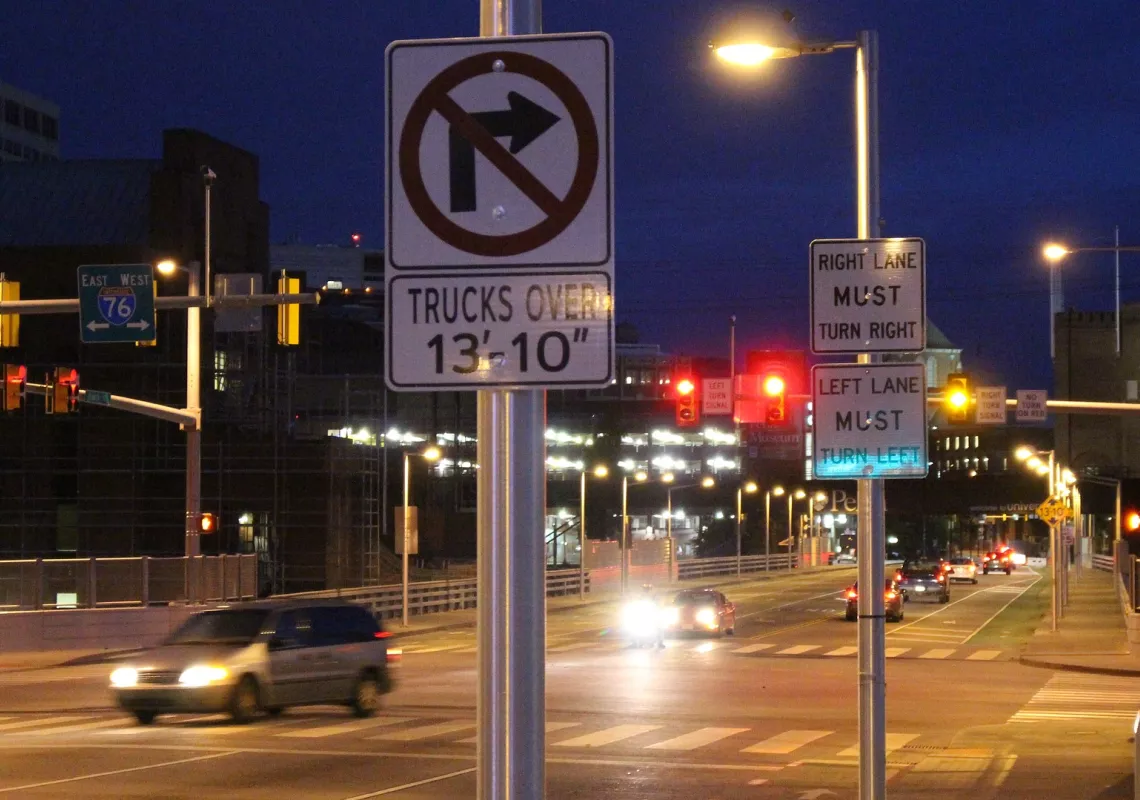
Tri-Co Philly: Narrativity and Hip Hop
This course explores narrative and poetic forms and themes in hip-hop culture.
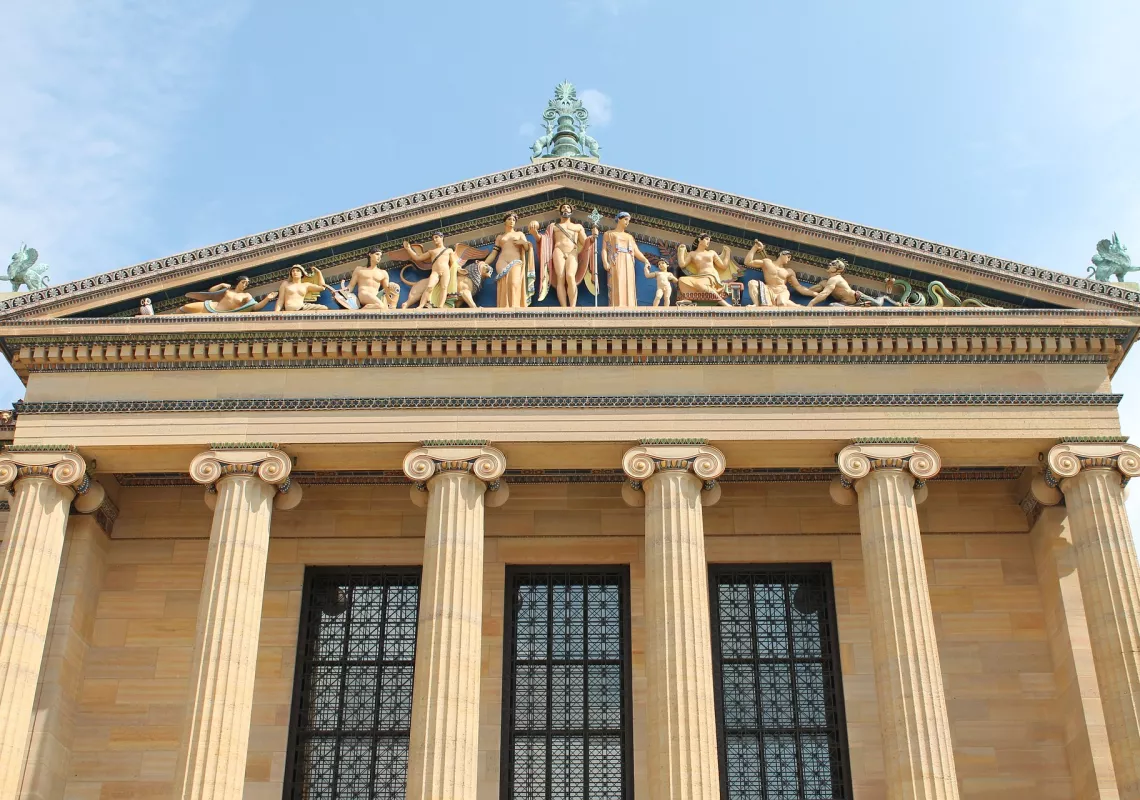
Tri-Co Philly: Contemporary Art and Film in Philadelphia
This course will explore the vibrant contemporary art world of the city of Philadelphia—a city uniquely positioned to attract artists with its many top-tier fine art schools, world-class museums, affordable living and studio spaces, and thriving network of artist-run galleries and exhibition spaces.
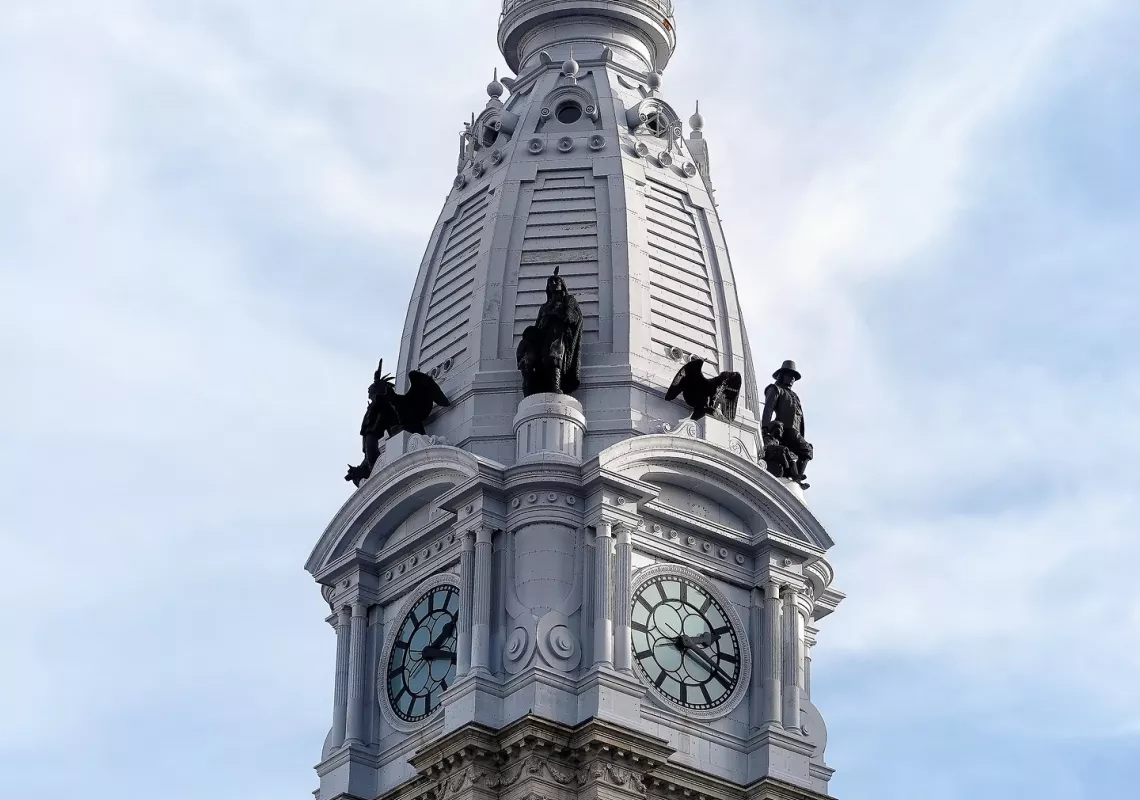
Tri-Co Philly: Literature in and of Philadelphia, 1682-1865
In this course, and in the city itself, we will examine literature written in and about Philadelphia before the Civil War, exploring how and why Philadelphians engaged questions of love, freedom and non-freedom.
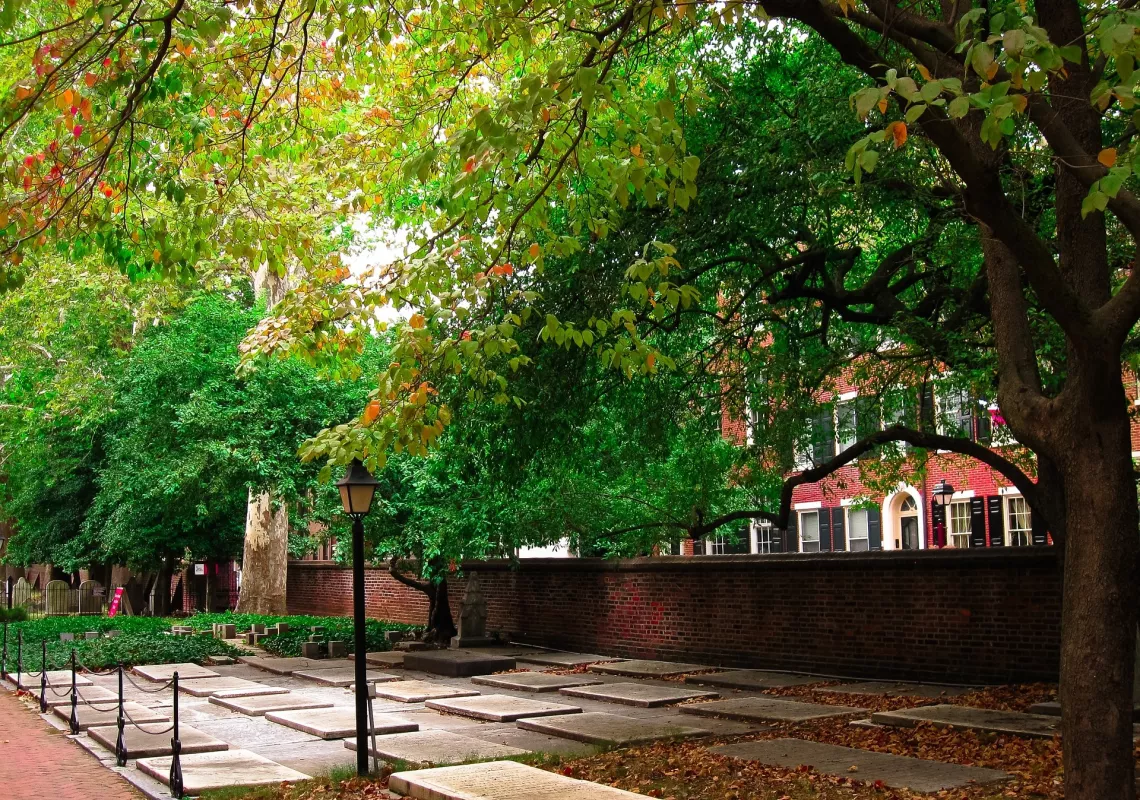
Tri-Co Philly: Environmental Justice: Ethnography, Politics, Action/Philadelphia
An introduction to the history and theory of environmental justice, an interdisciplinary field that examines how inequalities based on race, class, ethnicity, and gender shape how different groups of people are impacted by environmental problems and how they advocate for social and environmental change.

Tri-Co Philly: Public Art, Historical Preservation and the Ethics of Commemoration
What is public art? What is public space? What is the role of public art in a democracy? Does the fact that something is historically significant give us a reason to preserve it? Which historically significant things should we preserve and why? What is the moral value of commemorative art? How should we assess controversies surrounding the removal of art honoring persons or groups we now judge to be morally objectionable? How best should we memorialize victims of injustice?